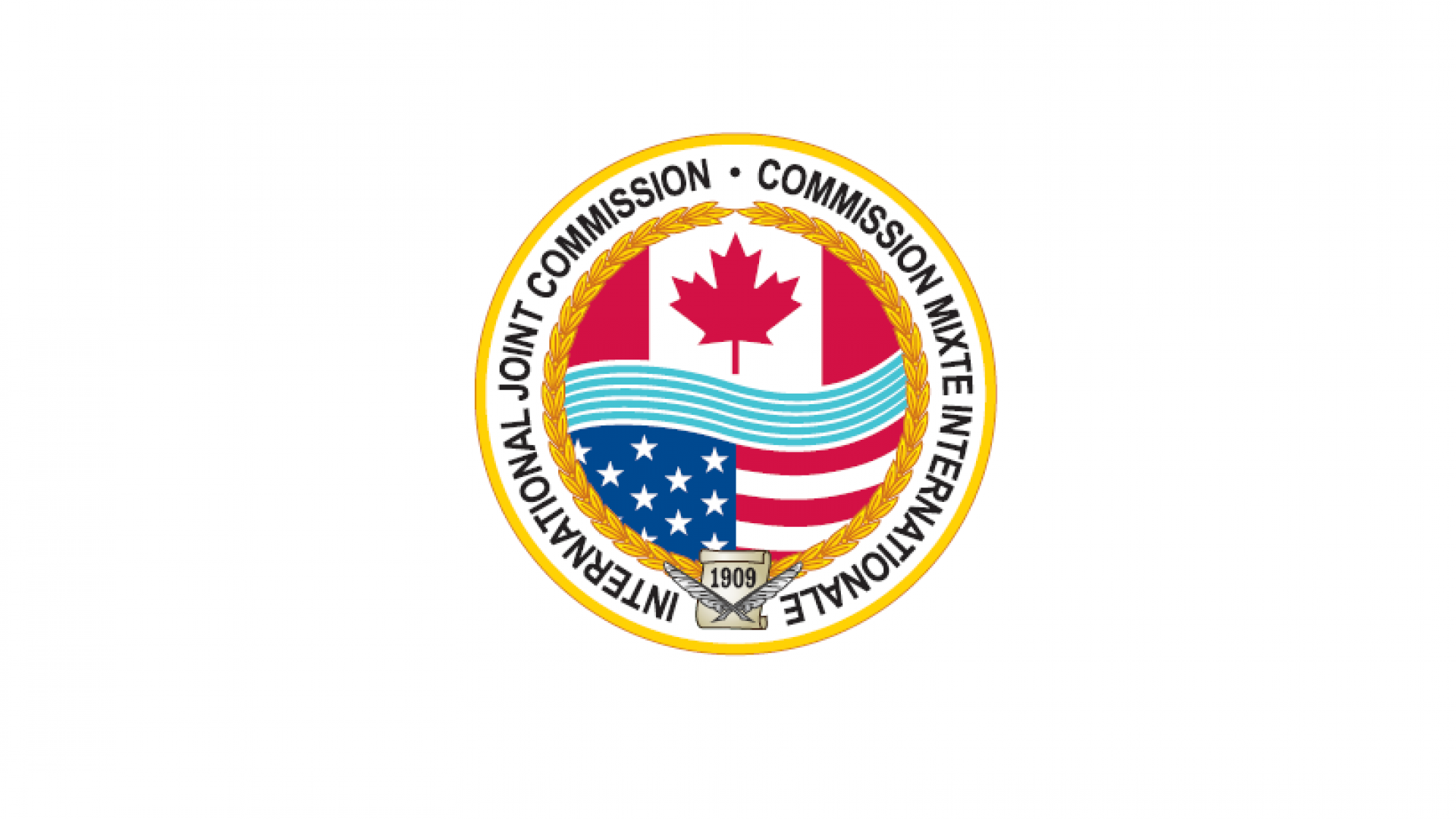The goal of this WP is to assess knowledge systems that link scientific and user communities. Social factors and relationships play a significant role in the uptake of new knowledge (Crona and Parker, 2011), particularly when new knowledge is perceived as credible (the scientific adequacy of technical arguments and evidence), legitimate (the evidence has been collected in a way that is respectful of stakeholders’ divergent perspectives and beliefs), and salient (relevance to the needs of decision makers) (Cash et al. 2003). We use longitudinal surveys and a social network analysis (SNA) to examine the relationships between participants in the research project, their perspectives and key characteristics of our network, with particular attention paid to how the research program balances trade-offs between credibility, salience and legitimacy criteria. As an in-depth case study, we examine the perspectives, knowledge pluralism and uptake, and conflict (Andrews et al. 2016) in communities of the Saskatchewan River Delta. Through WP B2, D1 and D2, we work with indigenous community members of Cumberland House to understand how their perspectives of river health and environmental flows can be incorporated into quantitative modelling. In six years, the objective is to understand how groups in conflict over water can use and respond to different kinds of evidence, and the role academia plays in a conflict context. The knowledge gained from community engagement feeds into C1.
Year 1: Analysis of Yr 1 and Yr 3 SNA results from Phase I. In collaboration with D2, work with modelling and visualization team to integrate perspectives of river health and environmental flows.
Year 2: User survey and SNA for Yr 5. Interviews and historical analysis regarding power relations and engagement concerns in Cumberland Delta.
Year 3: Longitudinal SNA and user engagement analysis; final user survey. Workshop with stakeholders involved in water conflict in the Cumberland Delta, to assess the role of academia, effective engagement techniques, and the role of modelling in communicating diverse forms of knowledge.
Progress so far:
(i) A user engagement survey and SNA was performed in Year 1 to collect baseline data for the research program. Results from this survey showed IMPC had 75%, 85% and 60% score for Credibility, Salience, and Legitimacy indicators respectively. Surveys and SNA will be repeated in Yr 3, 5, and at the end of the program;
(ii) A Research Memorandum of Understanding (MOU) has been signed with Cumberland House.
Lead:
 |
Patricia GoberProfessor Emeritus |
Co-Leads:
 |
Graham StrickertAssociate Professor
|
Highly Qualified Professionals:
|
Maryam Mohammadiazar Masters Student |
Research: Community engaged scholarship and photo voice |
Select Publications
- Hassanzadeh, E., Strickert, G., Morales-Marin, L., Noble, B., Baulch, H., Shupena-Soulodre, E., Lindenschmidt, K.-E. (2019) A framework for engaging stakeholders in water quality modeling and management: Application to the Qu'Appelle River Basin, Canada. Journal of Environmental Management 231: 1117–1126. https://dx.doi.org/10.1016/j.jenvman.2018.11.016





